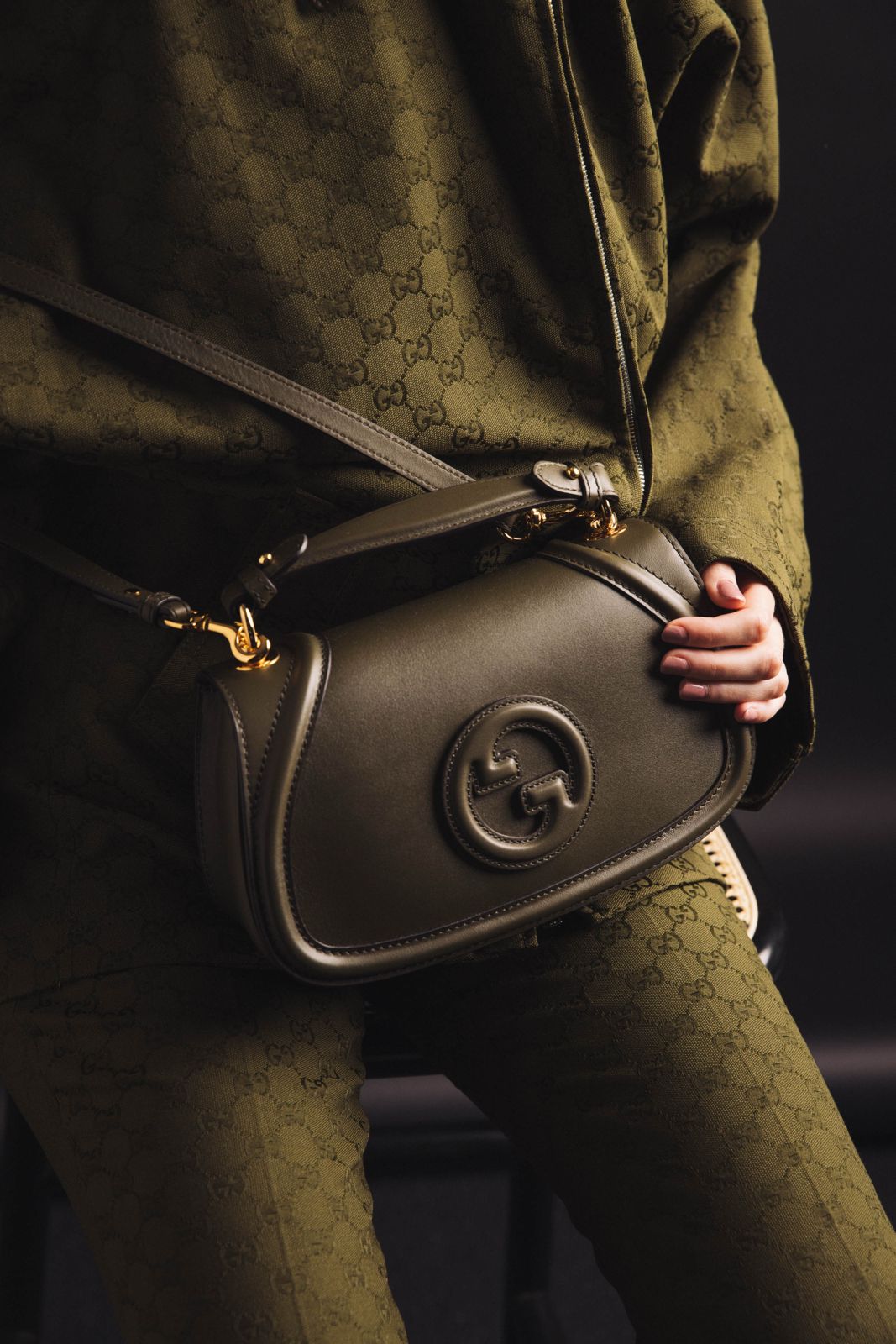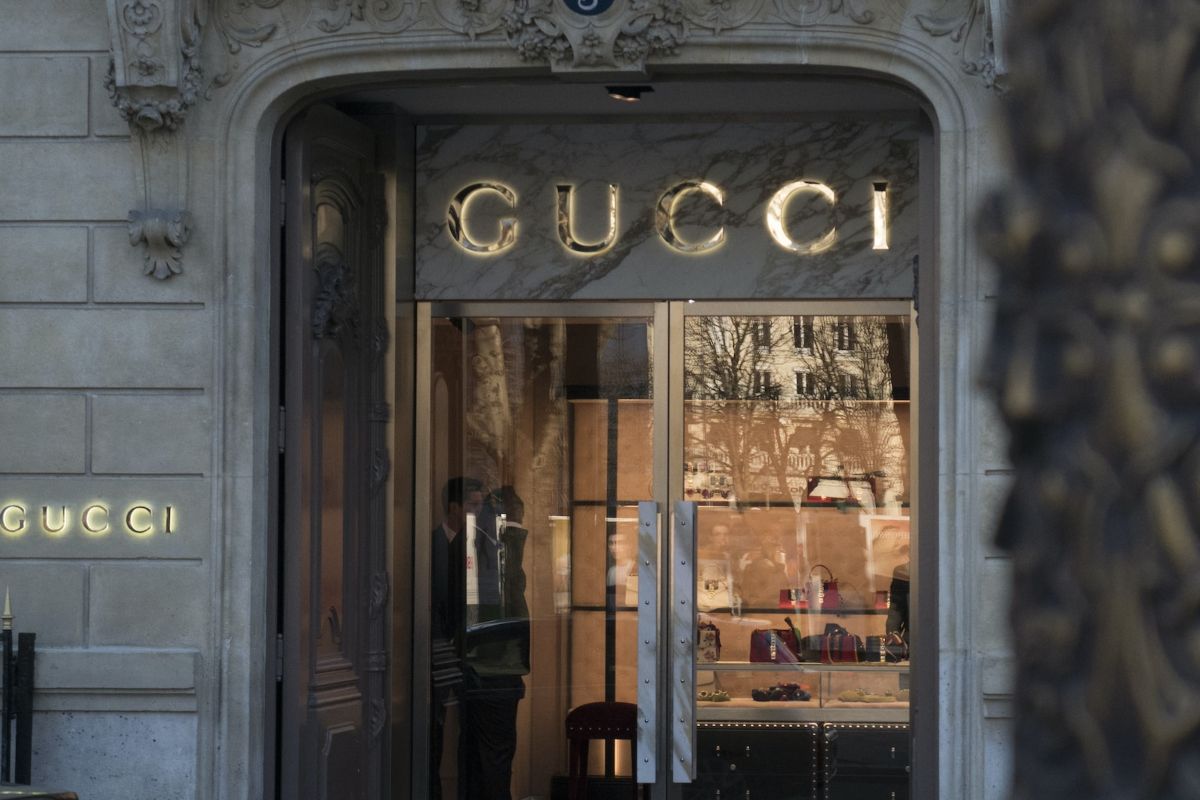The Story of Balenciaga: The Rise of the Maison
For our brand stories column, we retrace the key points of the stylistic and conceptual evolution behind one of the world's most famous fashion houses.
Here is the story of Balenciaga, from its origins to the creation of accessories and clothing that have become symbols par excellence of luxury and high fashion.
How was Balenciaga born?
The story of Balenciaga begins in Spain when, at the tender age of 12, Cristobal Balenciaga developed a passion for the art of sewing alongside his mother.
His family certainly does not have bourgeois origins, but the talent of the young Cristobal soon attracts the attention of a noblewoman of the village, the Marchioness of Casa Torres.
Thanks to his financial support, Cristobal moved to Madrid and continued his studies in tailoring.
The first milestone came in 1919, when the young talent opened his first boutique in San Sebastian.
Success was not long in coming.
The unprecedented design was noticed by the Spanish aristocracy, so much so that Balenciaga found himself designing clothing for the royal family as well.
With the outbreak of the Spanish Civil War in 1937 , Cristobal moved to Paris.
There, in the beating heart of haute couture , in August of the same year he opened his first atelier along the Avenue George V.
The designer's minimalist style, flowing lines, and refined sartorial attention to detail enchant not only the public, but also leading figures in the industry.
Christian Dior himself defined him as “ the master of us all ”.
In terms of style, the Spanish influence is more evident than ever in Balenciaga's creations: from the velvet decorations in the style of Velázquez to the velvet bolero.
Riding the wave of success, Balenciaga almost unexpectedly retired in 1968 , remaining behind the scenes until his death on March 23, 1972 .
A couturier must be equal to an architect in design, to a sculptor in shaping forms, to a musician in harmony and to a philosopher in his sense of measure.
Cristobal Balenciaga
Creative directions throughout Balenciaga's history
The maison was relaunched in 1986 by the Jacques Bogart group who introduced the first ready-to-wear collection “Le Dix”.
The creative direction of Balenciaga temporarily passed to Michael Goma until 1992, when it passed to the more modern taste of Josephus Thimister.
It was with the Franco-Belgian designer Nicolas Ghesquière that a real change took place within the maison.
Drawing on previous experience working alongside names such as Jean Paul Gaultier and Agnès B, Ghesquière reinterprets Balenciaga's iconic creations by introducing oversized lines and an '80s style.
Ghesquière's creative leadership gave way, for the next 3 years, to the urban taste of Alexander Wang.
In 2015 it was the turn of Demna Gvasalia , a designer of Russian origins who came from the elite circles of Louis Vuitton and Maison Margiela.
With his post-Soviet style, Gvasalia brings a new contemporary taste, confirmed in the SS 2017 fashion show through a revisitation of the original geometric and oversized lines.
Currently, Gvasalia is the creative director of the fashion house Balenciaga.
Balenciaga: the fashion house's iconic creations
From the creative genius of Balenciaga, appreciated and celebrated by prominent figures such as Hubert de Givenchy and Coco Chanel, truly iconic creations could only emerge.
Starting with “ The Infanta Dress ”, created in 1939 in a perfect reference to the designer’s Spanish origins.
The dress features a loose silhouette with puffed shoulders and a bell-shaped skirt, inspired by seventeenth-century gowns.
The propensity for a particularly innovative taste is embodied by the Sack Dress of 1957, with which Balenciaga introduced the concept of the sack dress.
The absence of tight seams that allowed the dress to adapt freely to the shape of the body made the model a true fashion icon, influencing the trends of the 1950s.
And if we talk about clothing, we cannot fail to mention the Bubble Skirt, a skirt characterized by a puffed volume at the bottom.
The design, featured in the collections of Dior and Pierre Cardin, undoubtedly revolutionized the concept of feminine silhouette and elegance.
When it comes to accessories, the spotlight is on the unmistakable Motorcycle Bag.
Introduced in 2001 by Ghesquière, the bag features a sturdy design in perfect urban and casual style accentuated by leather and the signature zips and studs.
Balenciaga's stylistic traits
Balenciaga is in line with the canons of minimal chic style thanks to fluid, essential silhouettes and volumes that, although structured, are elegant and particularly sophisticated.
The stylistic traits that distinguish Balenciaga are:
- clean and minimalist lines , with sharp and sober cuts, without excessive decorations and ornaments;
- innovative and sculptural cuts , with broad shoulders and bell-shaped skirts in bold contrast with the canons of traditional fashion;
- unusual fabrics , from gazar (stiff and shiny with typically striped or checked textile patterns) to taffeta (with shiny and bright finishes);
- elements belonging to Spanish culture , such as lace and embroidery.
Get inspired by timeless style.
Access our online boutique and discover our exclusive selection of Balenciaga clothing and accessories.



